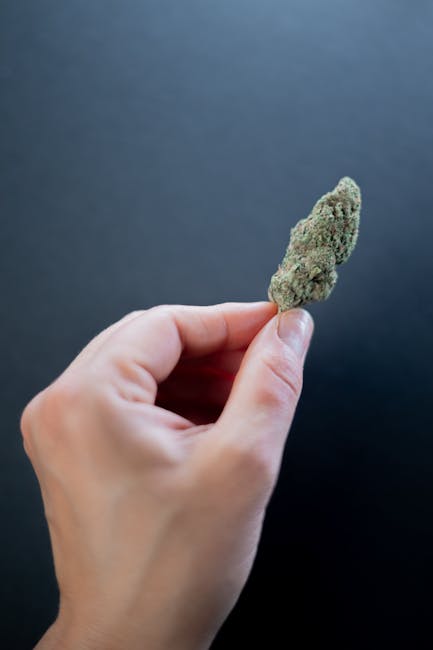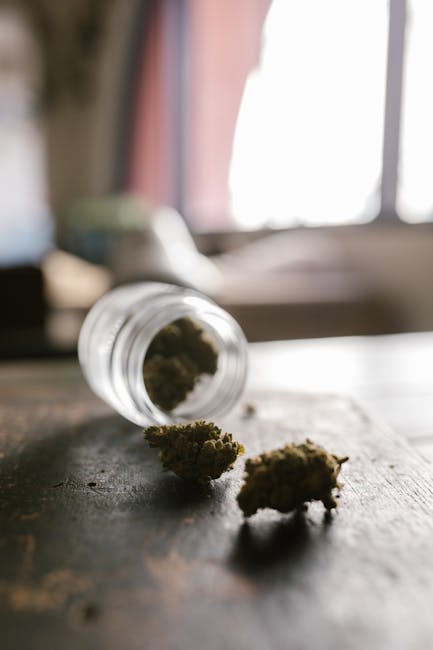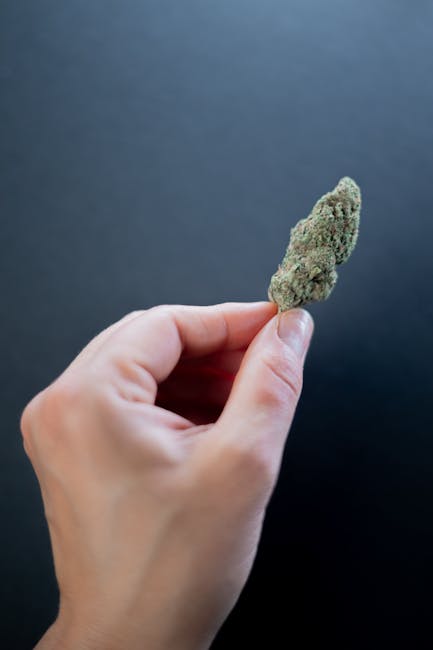Kush Drug: Understanding the Risks, Effects, and Legal Implications of Cannabis Concentrates
The term “Kush” often evokes images of potent, high-THC cannabis concentrates. While the term itself doesn’t refer to a specific strain or chemical compound, it’s widely used to describe a range of highly concentrated cannabis products known for their intense psychoactive effects. This comprehensive guide delves into the world of Kush, exploring its production, effects, potential risks, and legal considerations.
What is Kush?
In the cannabis world, “Kush” is a colloquial term, not a scientifically defined category. It generally refers to cannabis concentrates with significantly higher THC (tetrahydrocannabinol) levels than traditional flower. These concentrates can be produced through various methods, including:
- Hash Oil: Extracted using solvents like butane or CO2.
- Shatter: A glass-like, brittle form of hash oil.
- Wax/Dab: A more viscous, waxy form of hash oil.
- Live Resin: Made using fresh frozen cannabis, often preserving more terpenes and resulting in a more complex flavor profile.
- Budder/Crumble: A creamy or crumbly texture concentrate.
The potency of Kush products can vary significantly. While some might contain 70% THC or more, others might have lower levels. The high THC concentration is a key characteristic associated with the term “Kush” and often contributes to its powerful and often overwhelming effects.
Effects of Kush
The effects of Kush are generally more intense and rapid-onset than those experienced with smoking or ingesting regular cannabis flower. This is due to the high concentration of THC. Common effects include:

- Intense euphoria
- Increased appetite (the munchies)
- Relaxation and drowsiness
- Altered perception of time and space
- Impaired coordination and motor skills
- Increased heart rate
- Anxiety and paranoia (especially in higher doses or individuals susceptible to anxiety)
- Hallucinations (in very high doses)
It’s crucial to understand that the intensity of these effects can be unpredictable, especially for individuals with little experience with cannabis concentrates. The rapid onset of effects can be overwhelming for some users.
Risks Associated with Kush
While recreational use of cannabis is legal in many jurisdictions, the potency and concentration of Kush present unique risks:
Health Risks:
- Respiratory problems: Inhalation of concentrates can irritate the lungs, leading to coughing, bronchitis, and other respiratory issues.
- Cardiovascular problems: The increase in heart rate associated with Kush can pose risks for individuals with pre-existing heart conditions.
- Mental health risks: High THC levels can exacerbate pre-existing anxiety and depression or trigger psychosis in vulnerable individuals.
- Addiction: While cannabis use disorder is possible, the high potency of Kush may increase the risk of developing a dependence.
- Driving impairment: The significant psychoactive effects of Kush significantly impair driving ability, making it extremely dangerous to operate a vehicle after consumption.
Production Risks:
The production of certain Kush concentrates, particularly those using butane, carries inherent dangers. Improper handling of butane can lead to explosions and fires. Illegally produced concentrates may also be contaminated with residual solvents or other harmful substances.
Legal Implications
The legal status of Kush varies considerably depending on location. Even in places where recreational cannabis is legal, regulations regarding the production, sale, and potency of concentrates may be strict. Possession, production, or distribution of Kush in jurisdictions where it is illegal can result in significant legal penalties, including fines and imprisonment. It’s essential to understand the specific laws in your region before considering using or obtaining Kush.
Responsible Use and Harm Reduction
If you choose to use Kush, it’s crucial to prioritize responsible use and harm reduction. This includes:

- Starting with a very low dose: The potency of Kush can be unpredictable, so starting with a small amount is essential to avoid overwhelming effects.
- Using in a safe and comfortable environment: Ensure you’re in a familiar and safe setting with trusted companions.
- Avoiding driving or operating machinery: The psychoactive effects can significantly impair coordination and judgment.
- Being aware of potential mental health effects: If you have a history of anxiety, depression, or psychosis, using Kush may not be safe.
- Using only legally sourced products: This helps to ensure product safety and avoid legal repercussions.
- Knowing when to stop: Pay attention to how you feel and stop using if you experience negative effects.
Seeking Help
If you’re struggling with cannabis use or are concerned about someone who is, there are resources available to help. Contact your healthcare provider, a mental health professional, or a substance abuse treatment center. Many support organizations offer confidential and non-judgmental assistance.
This information is for educational purposes only and does not constitute medical or legal advice. Always consult with a qualified healthcare professional before making any decisions related to your health or treatment.


